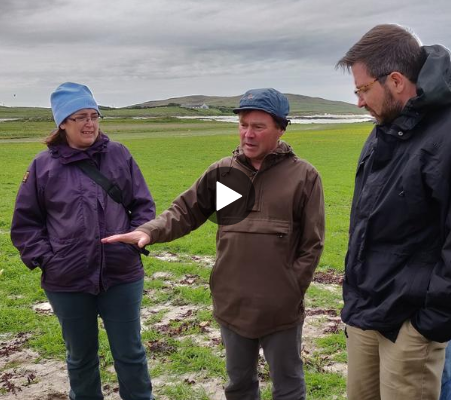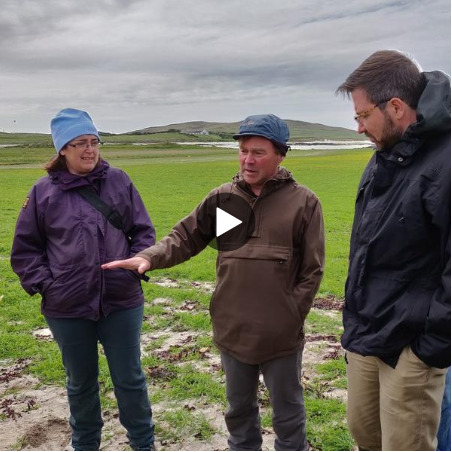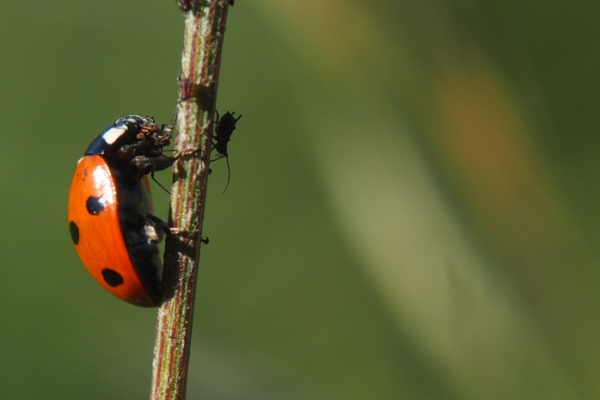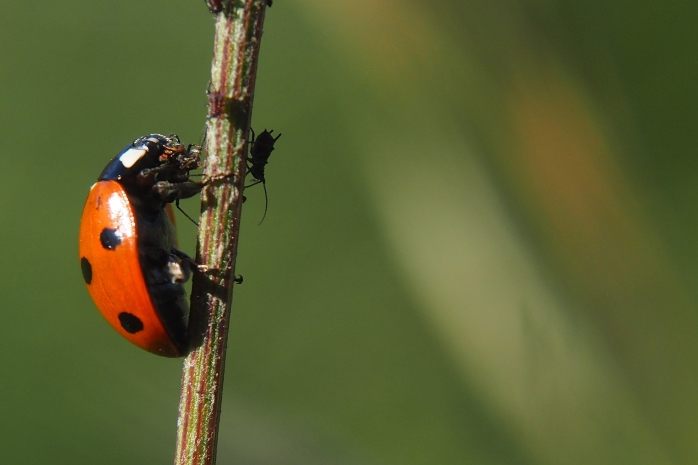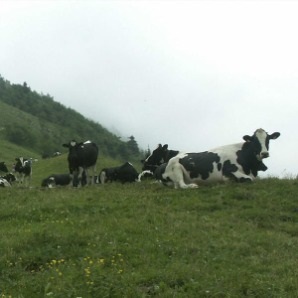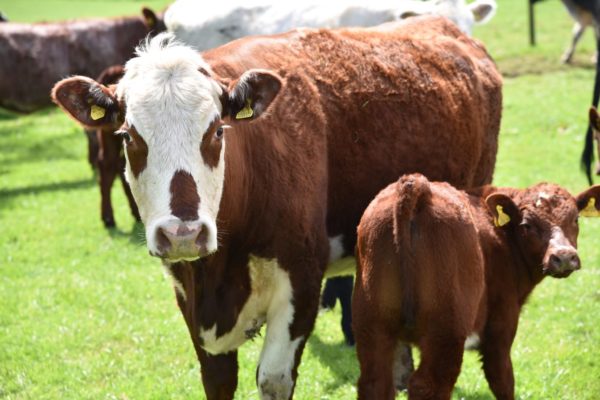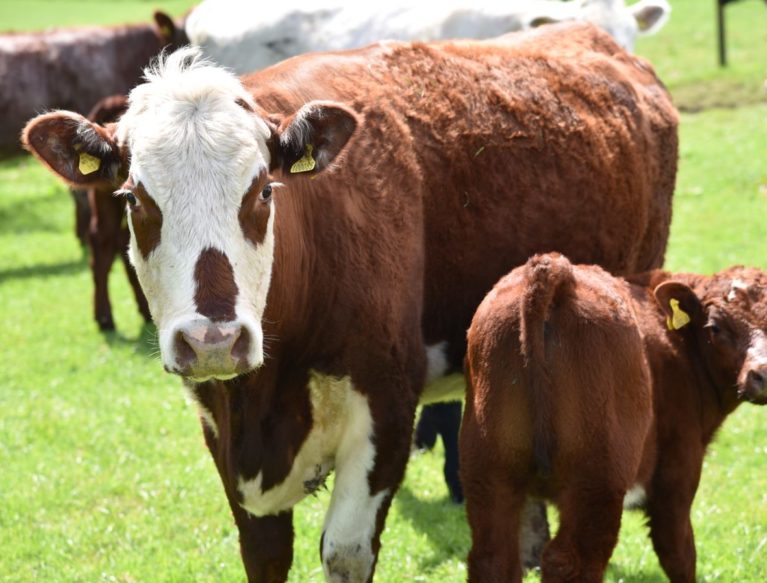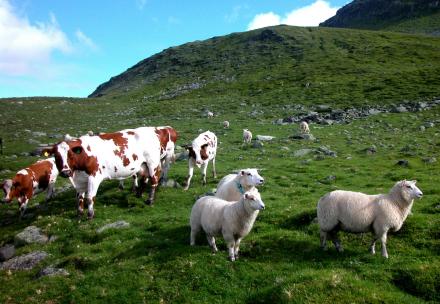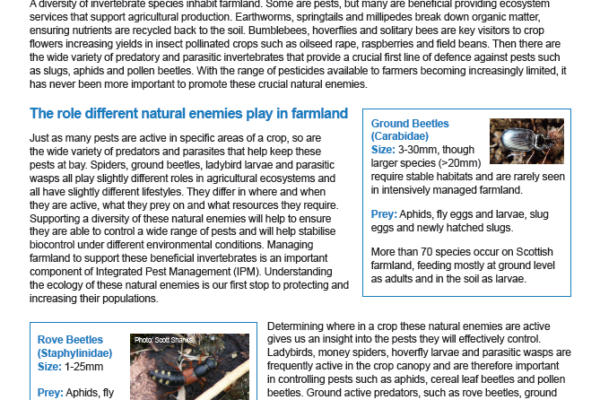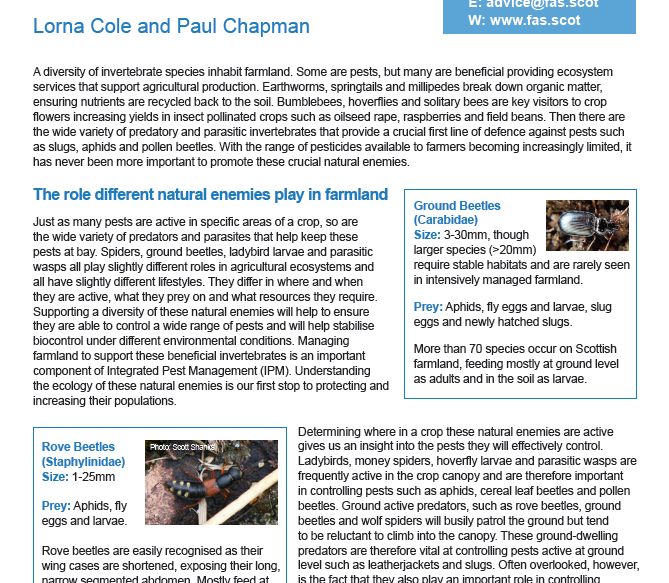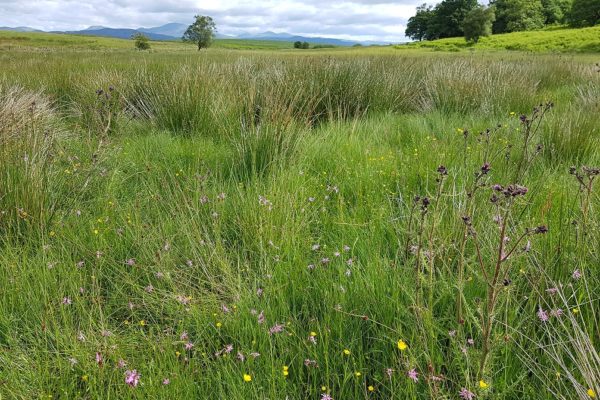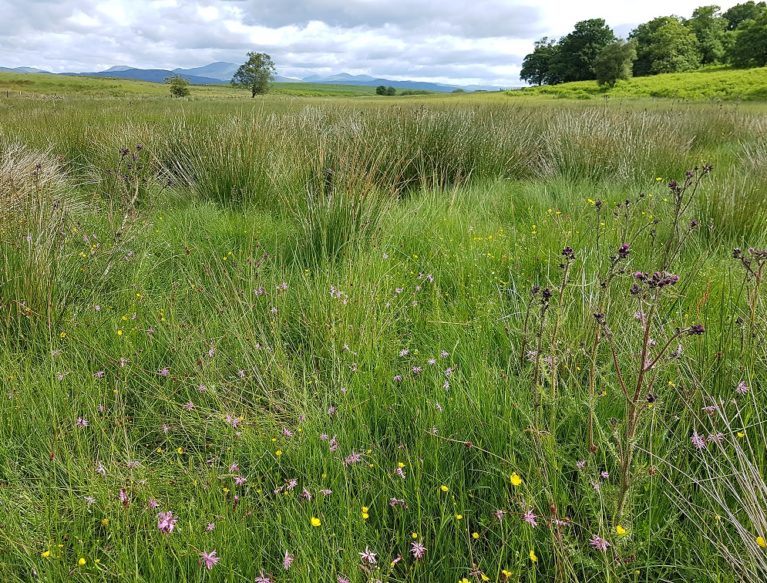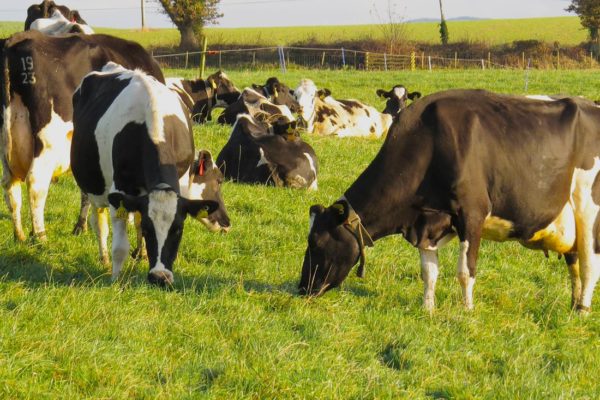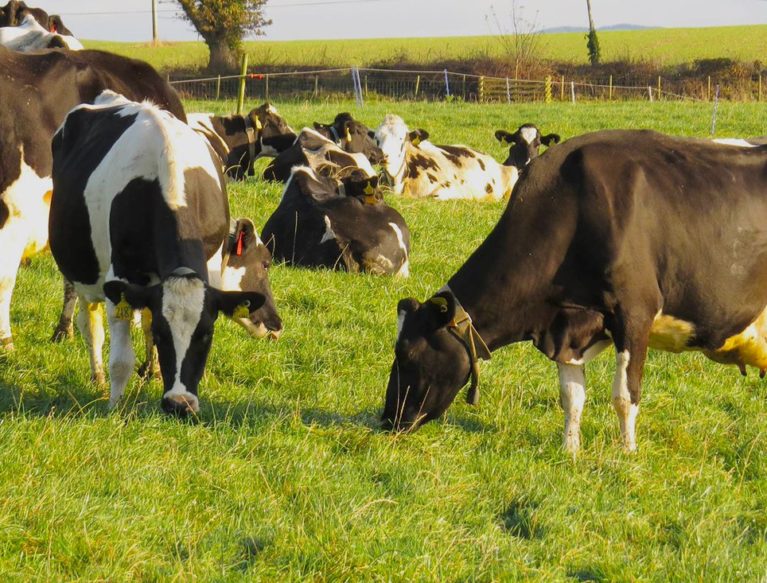Biodiversity
High Nature Value Farming – The Uist Machair
In this podcast Jamie Boyle (centre in the photo) introduces us to the wonders of the Uist machair, an excellent example of High Nature Value farming. We learn about how…
Read More >How ‘natural enemies’ can be farmers’ friends
With evidence mounting that insect populations are declining, farmers are being encouraged to act now to save these vitally important species. While some can be classified as pests, many –…
Read More >Podcast: The Thrill of The Hill – Virtual Fencing
In the fourth Thrill of The Hill episode, Alex is joined by SAC Consultant Malcolm Macdonald to discuss virtual fencing technology and it’s potential applications in Scotland and across the…
Read More >Podcast: The Thrill of The Hill – Woodlands
For the third episode of the Thrill of The Hill podcast, Alex Pirie is joined by David Eadie, a woodlands consultant, to discuss the potential of woodland planting and management…
Read More >Podcast: The Thrill of The Hill – Beef Upland Grazing Strategies
For a long time now cattle and ruminants generally have been targeting for their roles in warming the planet, fair or unfair, the beef industry in Scotland is going through…
Read More >Podcast: The Thrill of The Hill – Sheep Upland Grazing Strategies
Consultant Alex Pirie speaks with Daniel Stout about Sheep Upland Grazing strategies and the broader Sheep industry in Scotland. Sheep are synonymous with the Scottish farmed upland environment and at…
Read More >Natural enemies, their lifestyles and how to promote them
Natural enemies, their lifestyles and how to promote them A diversity of invertebrate species inhabit farmland. Some are pests, but many are beneficial providing ecosystem services that support agricultural production.…
Read More >Natural enemies, their lifestyles & how to promote them
A diversity of invertebrate species inhabit farmland. Some are pests, but many are beneficial providing ecosystem services that support agricultural production. Earthworms, springtails and millipedes break down organic matter,
ensuring nutrients are recycled back to the soil. Bumblebees, hoverflies and solitary bees are key visitors to crop flowers increasing yields in insect pollinated crops such as oilseed rape, raspberries and field beans. Then there are the wide variety of predatory and parasitic invertebrates that provide a crucial first line of defence against pests such as slugs, aphids and pollen beetles. With the range of pesticides available to farmers becoming increasingly limited, it has never been more important to promote these crucial natural enemies.
Podcast: Using outcome based agri-environment schemes on your farm
A new approach to agri-environment schemes, based on payment by results, is being investigated in a pilot project by Scotland’s Nature agency, NatureScot. In this podcast, senior conservation consultant at…
Read More >Keeping Pace with Green Policy
For over ten years, Scottish agriculture has come to recognise the importance of sustainable management of the farmed environment, mainly in response to the growing climate crisis and biodiversity decline.…
Read More >
